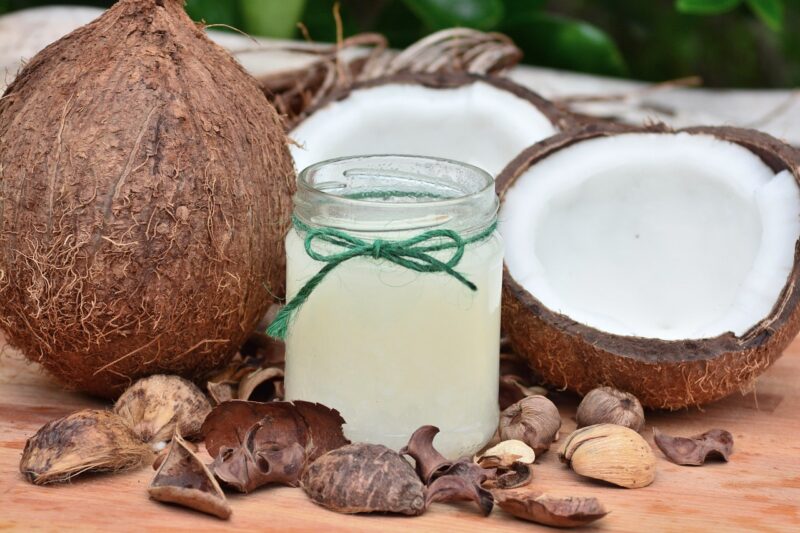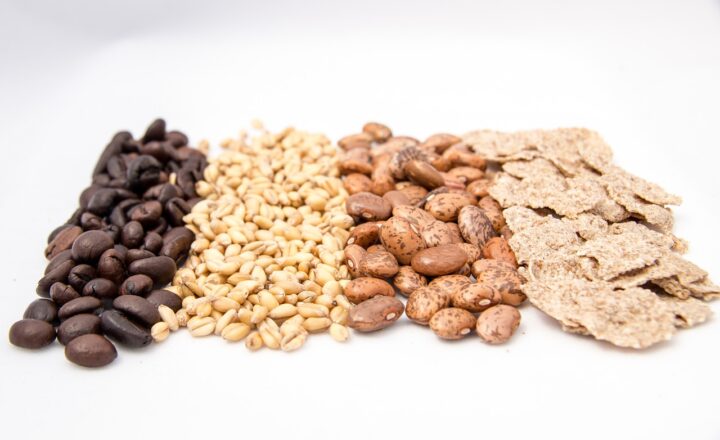
Coconut sugar has rapidly gained attention as a healthier alternative sweetener in recent years. Derived from the sap of coconut palm trees, it’s touted for its unique flavor and potential health benefits. But, with various types available in the market, how do they differ, and what makes coconut sugar so appealing to health-conscious consumers? Let’s delve into this delicious and versatile sweetener.
1. What is Coconut Sugar?
Coconut sugar, also known as coconut palm sugar, is produced from the sap of the flower buds of the coconut palm. The process begins with the tapping of the flower buds, wherein the sap is collected and then heated to evaporate the moisture content. This results in a granulated sugar product that is brown in color and has a caramel-like flavor.
Unlike refined sugars, coconut sugar retains some of the nutrients found in the coconut palm, including iron, zinc, calcium, and potassium, making it a more nutritious alternative. However, it is essential to consume it in moderation, just as you would with any other sweetener.
2. Types of Coconut Sugar
Coconut sugar comes in various forms, with each type bearing unique characteristics. Let’s explore the most common varieties:
2.1 Granulated Coconut Sugar
This is the most common form of coconut sugar. It resembles brown sugar in appearance and texture and can be used as a direct substitute for white or brown sugar in recipes. Granulated coconut sugar is excellent for baking, sweetening beverages, or as a topping for various dishes.
2.2 Coconut Sugar Powder
Coconut sugar powder is produced by grinding granulated coconut sugar into a fine powder. Its smooth texture makes it ideal for use in smoothies, desserts, and baking recipes, where a finer sugar consistency is desired. It also dissolves more quickly than granulated coconut sugar, making it perfect for beverage recipes.
2.3 Coconut Sugar Syrup
Coconut sugar syrup, also referred to as coconut nectar, is a liquid sweetener made from the sap of coconut blossoms. This syrup has a runny consistency and is often used as a sweetener for pancakes, waffles, and desserts, or as a component in marinades and sauces. The syrup retains nutritional benefits similar to those found in granulated coconut sugar while offering a different flavor profile.
2.4 Organic Coconut Sugar
Organic coconut sugar is produced from coconuts grown without pesticides or synthetic fertilizers. This type of coconut sugar is often considered the healthiest option for eco-conscious consumers who prioritize organic ingredients in their diet. Unlike conventional coconut sugar, organic varieties assure consumers that the sweetener is free from harmful chemicals.
3. Nutritional Benefits of Coconut Sugar
Coconut sugar has become a popular choice among health enthusiasts, thanks to its potential benefits, including:
- Lower Glycemic Index: Coconut sugar has a glycemic index (GI) of around 35, compared to cane sugar’s GI of 60-65. This means it may lead to a slower rise in blood sugar levels, making it a more suitable choice for diabetics or those watching their sugar intake.
- Rich in Nutrients: Unlike refined sugar, coconut sugar contains small amounts of essential nutrients, including iron, zinc, potassium, and vitamins B1 and B2, which are beneficial for overall health when consumed in moderation.
- Contains Inulin: Coconut sugar contains inulin, a type of dietary fiber that has been shown to support digestive health and promote a feeling of fullness, potentially aiding in weight management efforts.
While coconut sugar does offer some nutritional benefits, it is essential to remember that it is still a form of sugar. Moderation is crucial in any diet to maintain a healthy balance.
4. How to Use Coconut Sugar
The versatility of coconut sugar makes it easy to incorporate into various recipes.
4.1 Baking
When baking, you can use coconut sugar as a 1:1 substitute for brown or white sugar. Its caramel flavor enhances the taste of cookies, cakes, and muffins without the need for excess artificial ingredients.
4.2 Beverages
Coconut sugar is an excellent sweetener for coffee, tea, or smoothies. Use it to add a touch of sweetness to your morning brew or blend it into smoothies for extra flavor.
4.3 Sauces and Dressings
Its syrup form can be used to sweeten dressings, marinades, and sauces. Experiment with coconut sugar syrup as a glaze for meats or a sweet addition to salad dressings.
5. Conclusion
With its diverse range of types, unique flavor profile, and potential health benefits, coconut sugar is appealing to a growing number of health-conscious consumers. As an alternative sweetener, it offers opportunities to enjoy sweetness in daily diets while providing essential nutrients that refined sugars lack.
Whether you opt for granulated coconut sugar, powder, syrup, or organic varieties, incorporating coconut sugar into your diet can be an excellent choice for those looking to make healthier lifestyle changes without sacrificing flavor.
So next time you’re reaching for sugar, consider switching to coconut sugar—your taste buds and body may just thank you for it!







